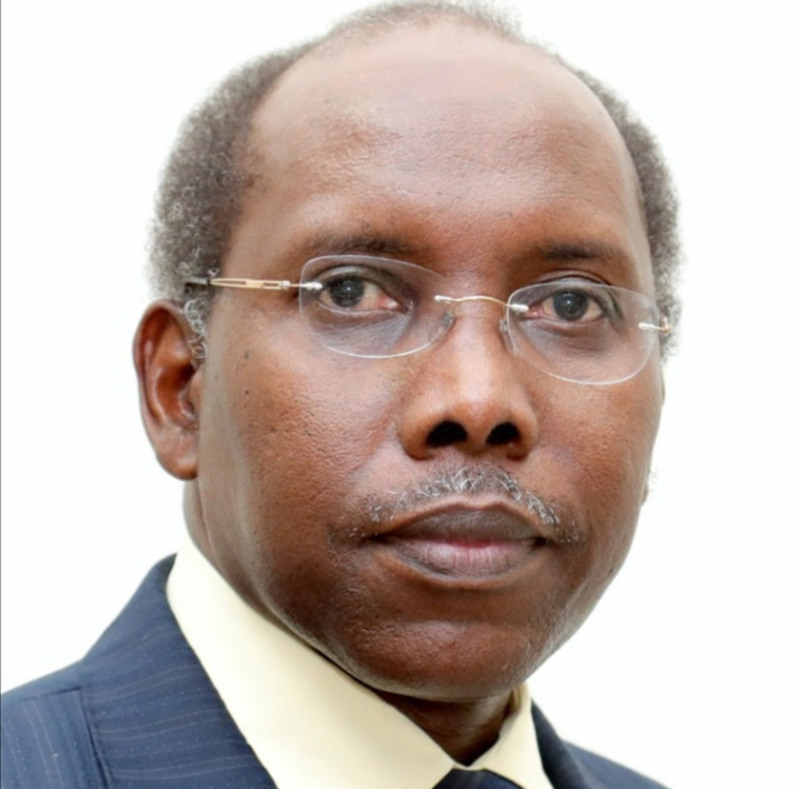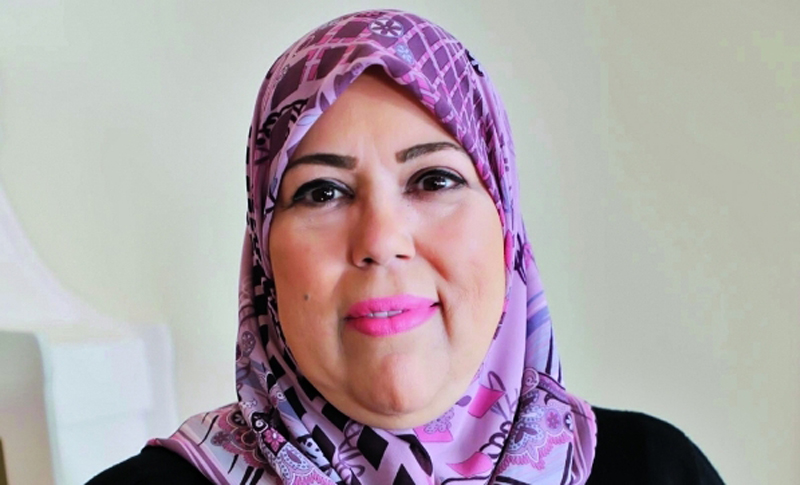
In a rapidly growing digital world, children have become more vulnerable to attack and grooming by predators online. At the global level, it is estimated that one child in three is an Internet user and that one in three Internet users is a child under 18 years of age.
Qatar is making outstanding efforts regionally and globally in combating cybercrimes. However, there is also a great duty on all public and private institutions towards sensitising society through awareness and educational campaigns.
Parents should monitor their children’s online activities to avoid being victims of cybercrime or being exposed to harmful content. The COVID-19 pandemic and the resultant school closures affected up to 1.6 billion children, causing the most extensive mass disruption of education in modern history. The pandemic has given many kids access to computers early.
Out of curiosity, kids click on several links that pop up on the screen of their phones or iPads, and some can harm them as they are not mature enough to differentiate between a safe and a malicious website.
“Parents should monitor their children’s phones and computers because all the latest phones come with kids’ mode, where most harmful content is automatically blocked for children,” said the General Directorate of Criminal Investigation Economic & Cyber Crimes Combating Department of the Ministry of Interior.
The Department also asked people to be close to their children and choose the appropriate video games because this will help avoid the risk of harmful online gaming.
Children are the wealth of the future. Any disregard for their psychological and mental formation exposes them to greater danger, mainly since many problems occur due to lack of supervision.
The huge dependence on the Internet for the last years has increased cybercrimes and piracy. Cybercrimes have become one of the crimes that threaten not only individuals but also threaten various state institutions.
The Ministry of Interior (MoI) reiterated several times that the penalty for cybercrimes ranges from six months to five years imprisonment.
As defined by Qatari Law, Cybercrime is any act involving the unlawful use of an information technology technique, an information system, or the Internet, in violation of the provisions of the law.

Dr. Muhammad Al Amin Mousa
Dr. Muhammad Al Amin Mousa, Associate Professor at the Department of Mass communication of Qatar University, said that cybercrimes are a natural result of the increase in the use of the Internet, especially after the coronavirus pandemic. He said Internet use by children is no longer a luxury issue but rather a necessity due to distance education.
“The danger of cybercrimes is that they are not like ordinary crimes because they are hidden crimes, and the signs of these crimes are not easily noticed. Therefore it is difficult to avoid them,” Dr. Mousa told The Peninsula.
He stressed that cybercrime presents many psychological effects on children and parents too.
Dr. Mousa explained that parents should be knowledgeable in technology, especially with the new gadgets kids use. This will enable them to monitor the contents they watch and track the history of videos and sites that their children are watching.
It is also necessary to educate children in schools and teach them to be careful with their activities on the Internet. Schools have an essential role; they could add some technical courses to the academic curriculum.
Parents should also avoid using easy passwords that kids can quickly memorise. Instead, passwords must contain letters and numbers, Dr. Mousa advised.
For his part, Subhash Ghosh, a professional working for a consultancy firm, said: “It has become a challenging task to manage kids with electronic devices. One of the big concerns is safety. Kids are not mature enough to differentiate between a safe and a malicious website.”
Ghosh stressed that children click on every link that pops up on their mobile or tablet’s screen without realising it can be dangerous. This is a significant risk because hackers try to hack devices through such links.
“When children are not going to school and stay for longer hours at home, then it becomes impossible to monitor their activity all the time. We don’t know what content they are watching, and not all contents are suitable for children,” he added.

Dr. Batoul Muhieddin Khalifa
Dr. Batoul Muhieddin Khalifa, Associate Professor at Qatar University, said that students must be educated and trained to access safe Internet browsing. There must be a supervisory role for parents to monitor the content that children watch.
“I used to host specialists in the field of cybersecurity from the Ministry of Interior so that they explained many technical issues to the students that would enable them to avoid cybercrimes and piracy,” she added.
Dr. Khalifa also noted that the Ministry of Culture and Sports has an important role in terms of awareness and guidance and finding “cultural content that stems from our Islamic culture instead of other available content on the Internet which are far from our culture that children should not watch.”




